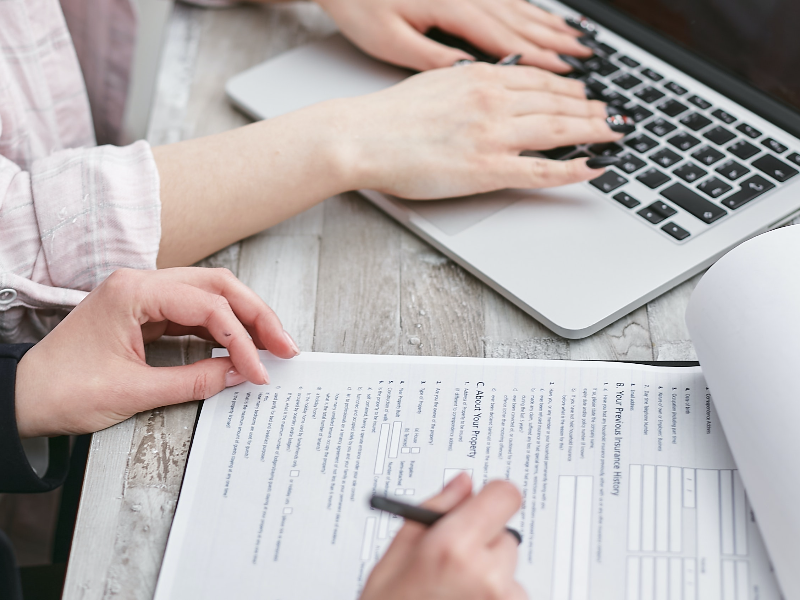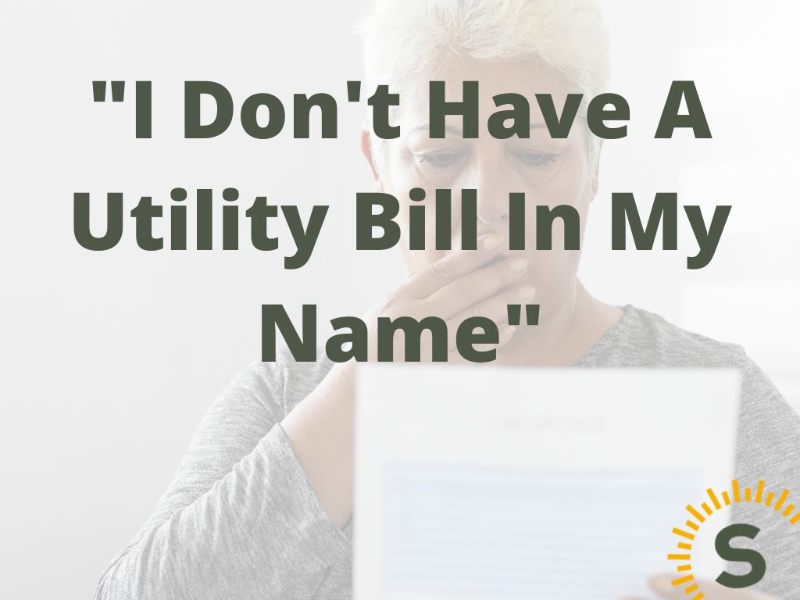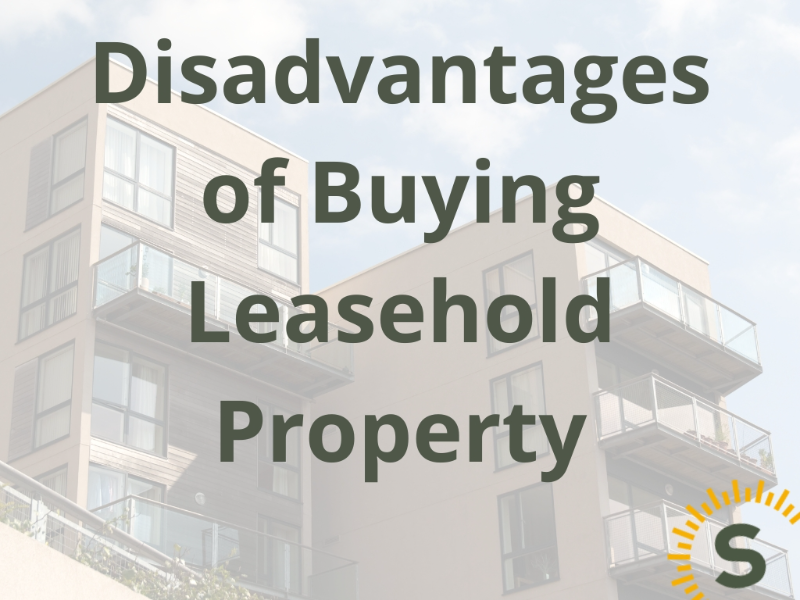
Buying or selling a home can be a daunting process. It's important to have the right experts by your side to help you through it. Conveyancers are invaluable in this process, as they ensure that all the legal aspects are taken care of. But what happens if you're not happy with your current conveyancer? Can you change them?
In this insight, we'll answer the question of whether or not you can change conveyancers, and provide a step-by-step guide on how to do it. We'll also look at what you need to consider before changing conveyancers, and some tips for finding the right one for you. Finally, we'll discuss some of the potential problems that could arise when changing conveyancers, and the benefits of doing so.
Conveyancing is an essential part of any property transaction. It involves all the legal aspects of buying or selling a property, and a good conveyancer is essential in ensuring the process goes smoothly. They will handle all the paperwork and make sure that everything is done correctly.
But what happens if you're not happy with your current conveyancer? Can you change them? The answer is yes, you can change conveyancers, but there are a few things you need to consider and steps you need to take to ensure the process is done correctly.
There are a few reasons why you might want to change conveyancers. The first is that you may not be happy with the service you're receiving from your current conveyancer. Perhaps you feel that they're not communicating with you often enough, or that they're not being proactive in helping to progress the transaction.
You might also want to change conveyancers if you feel like they're not getting the best deal for you. A good conveyancer should be looking out for your best interests and ensuring that you get the best deal possible. If you feel like they're not doing this, then it might be time to look for a new one.
Finally, you might want to change conveyancers if you're not happy with the fees they're charging. Conveyancing fees can vary quite significantly, so if you feel like you're being overcharged then it might be worth shopping around for a better deal.
Changing conveyancers is relatively straightforward, but there are a few steps you'll need to take. First and foremost, you'll need to find a new conveyancer. The best way to do this is by asking for recommendations from friends, family, and colleagues who have recently used a conveyancer. You can also use online reviews to find out which conveyancers have the best reputations.
Once you've found a new conveyancer, you'll need to inform your current one that you're changing. It's important to do this in writing, as it will provide proof that you've informed them of your decision. You should also include the details of your new conveyancer, so that they can contact them directly if necessary.
Your new conveyancer will then need to be given access to the paperwork and documents related to your property transaction. This will involve your current conveyancer sending them a copy of the contract and any other documents they have. Your current conveyancer should also provide your new conveyancer with any information they need about the transaction, such as details of the property, any surveys or searches that have been done, and any other relevant information.
There are a few things you should consider before changing conveyancers. First, make sure that you're happy with the service you're getting from your new conveyancer. Ask them questions to make sure they understand the process, and that they're the right fit for you.
You should also make sure that the fees you're being charged are reasonable. As mentioned above, conveyancing fees can vary quite significantly, so it's worth shopping around to get the best deal.
Finally, make sure that you understand the process of changing conveyancers. This includes understanding the paperwork that needs to be completed, as well as any potential problems that could arise during the process.
Finding the right conveyancer for you can be a daunting task, but there are a few tips you can follow to make the process easier. First, ask for recommendations from friends and family. They may have used a conveyancer recently and can provide you with an honest opinion.
You can also use online reviews to find out which conveyancers have the best reputations. Look for reviews from people who have used the conveyancer recently, as this will give you a better indication of the quality of service they provide.
Finally, make sure to compare fees. As mentioned above, conveyancing fees can vary quite significantly, so it's worth shopping around to get the best deal.
When changing conveyancers, there are a few steps you'll need to take. First, find a new conveyancer. Ask for recommendations from friends and family, and use online reviews to help you find a reputable one.
Once you've found a new conveyancer, inform your current one in writing that you're changing. Include the details of your new conveyancer, so that they can contact them directly if necessary.
Your new conveyancer will then need to be given access to the paperwork and documents related to your property transaction. This will involve your current conveyancer sending them a copy of the contract and any other documents they have.
Although changing conveyancers is generally straightforward, there are a few potential problems that could arise during the process. The first is that there could be a delay in the process. This is because your new conveyancer will need to get up to speed on the paperwork and documents related to your transaction.
Another potential problem is that your new conveyancer might not be able to take on the transaction if it's already too far advanced. If this is the case, you may need to stick with your current conveyancer, or find another one who is willing to take on the transaction.
Finally, there could be issues with the paperwork if your new conveyancer has different requirements to your current one. Make sure to let your new conveyancer know if there have been any changes to the paperwork, such as additional searches or surveys.
Changing conveyancers can be a daunting prospect, but there are a few benefits to doing so. The first is that you'll be able to get a better deal on the fees. As mentioned above, conveyancing fees can vary quite significantly, so shopping around can help you to get the best deal.
Another benefit is that you'll be able to find a conveyancer who better meets your needs. If you're not happy with the service you're getting from your current conveyancer, then changing will give you the opportunity to find one who is more suited to you.
Finally, changing conveyancers can help to speed up the process. If your current conveyancer is not being proactive in progressing the transaction, then changing could help to move things along.
In conclusion, it is possible to change conveyancers, but there are a few things you need to consider and steps you need to take in order to do it correctly. Make sure to ask for recommendations from friends and family, and use online reviews to find the right conveyancer for you.
It's important to understand the process of changing conveyancers, as well as any potential problems that could arise during the process. Finally, make sure to weigh up the benefits of changing conveyancers, as this could help you to get a better deal on the fees, find a conveyancer who better meets your needs, and speed up the process.
Read More: How to put pressure on Solicitors

Stuart is an expert in Property, Money, Banking & Finance, having worked in retail and investment banking for 10+ years before founding Sunny Avenue. Stuart has spent his career studying finance. He holds qualifications in financial studies, mortgage advice & practice, banking operations, dealing & financial markets, derivatives, securities & investments.
 No minimum
No minimum  Newcastle-under-Lyme, Staffordshire
Newcastle-under-Lyme, Staffordshire Free Consultations
Free Consultations
 No minimum
No minimum  Free Consultations
Free Consultations
 No minimum
No minimum  No obligation consultation
No obligation consultation
 No minimum
No minimum  No obligation consultation
No obligation consultation
 No minimum
No minimum  Free Consultations
Free Consultations
 No minimum
No minimum  No obligation consultation
No obligation consultation
 No minimum
No minimum  No obligation consultation
No obligation consultation
 No minimum
No minimum  Free Consultations
Free Consultations
 No minimum
No minimum  Free Consultations
Free Consultations
 No minimum
No minimum  Coatbridge, Lanarkshire
Coatbridge, Lanarkshire Initial or Ongoing Consultation Fees
Initial or Ongoing Consultation Fees
 No minimum
No minimum  Initial or Ongoing Consultation Fees
Initial or Ongoing Consultation Fees
 £21,000 +
£21,000 +  Initial fee free consultation
Initial fee free consultation
 London, Greater London
London, Greater London No obligation consultation
No obligation consultation
 No minimum
No minimum  No obligation consultation
No obligation consultation
 No minimum
No minimum  Initial fee free consultation
Initial fee free consultation
 No minimum
No minimum  No obligation consultation
No obligation consultation
 No minimum
No minimum  No obligation consultation
No obligation consultation
 No minimum
No minimum  Initial fee free consultation
Initial fee free consultation
 No minimum
No minimum  Initial or Ongoing Consultation Fees
Initial or Ongoing Consultation Fees
 £51,000+
£51,000+  Free Consultations
Free Consultations
 No minimum
No minimum  No obligation consultation
No obligation consultation
 No minimum
No minimum  Initial fee free consultation
Initial fee free consultation
 £101,000+
£101,000+  Bishop's Stortford, Hertfordshire
Bishop's Stortford, Hertfordshire No obligation consultation
No obligation consultation
 No minimum
No minimum  Derry / Londonderry, County Derry / Londonderry
Derry / Londonderry, County Derry / Londonderry Free Consultations
Free Consultations
 No minimum
No minimum  Stockton-on-Tees, County Durham
Stockton-on-Tees, County Durham Free Consultations
Free Consultations





Our website offers information about financial products such as investing, savings, equity release, mortgages, and insurance. None of the information on Sunny Avenue constitutes personal advice. Sunny Avenue does not offer any of these services directly and we only act as a directory service to connect you to the experts. If you require further information to proceed you will need to request advice, for example from the financial advisers listed. If you decide to invest, read the important investment notes provided first, decide how to proceed on your own basis, and remember that investments can go up and down in value, so you could get back less than you put in.
Think carefully before securing debts against your home. A mortgage is a loan secured on your home, which you could lose if you do not keep up your mortgage payments. Check that any mortgage will meet your needs if you want to move or sell your home or you want your family to inherit it. If you are in any doubt, seek independent advice.